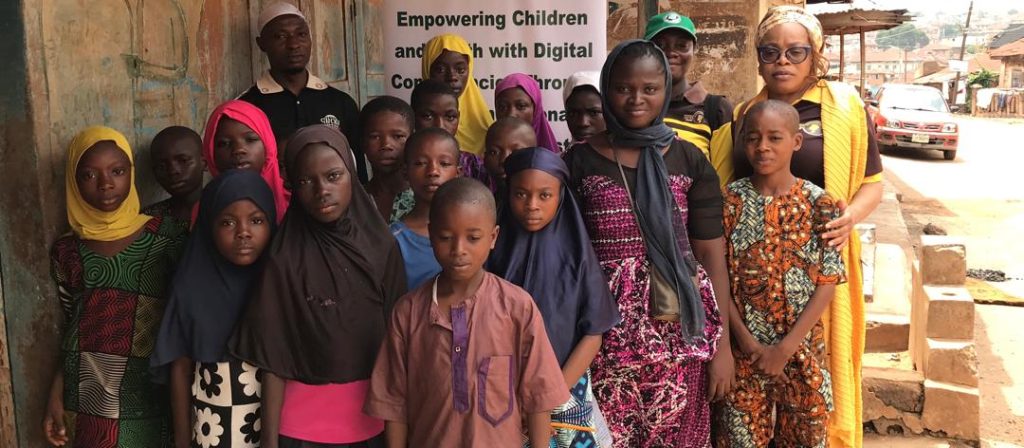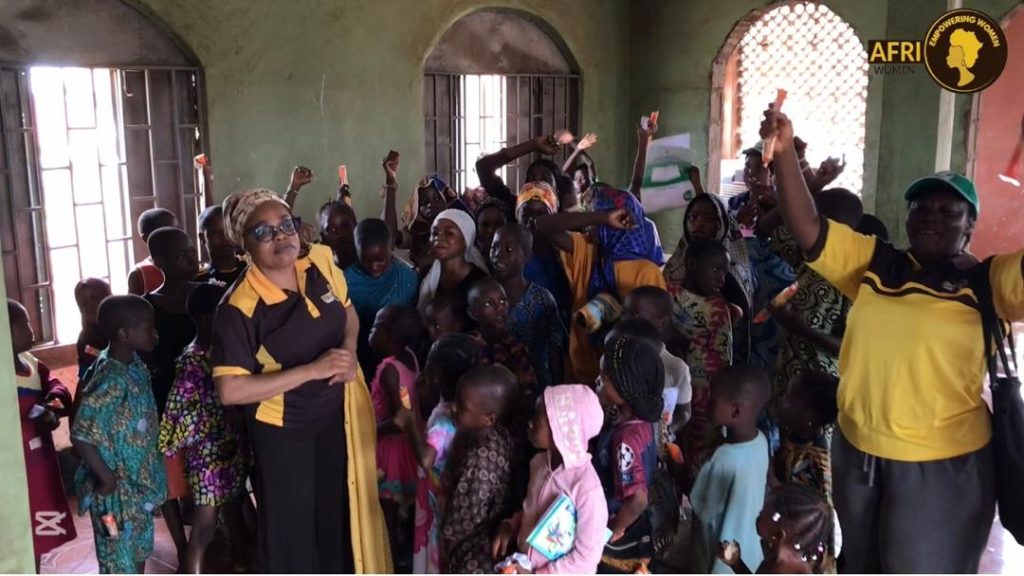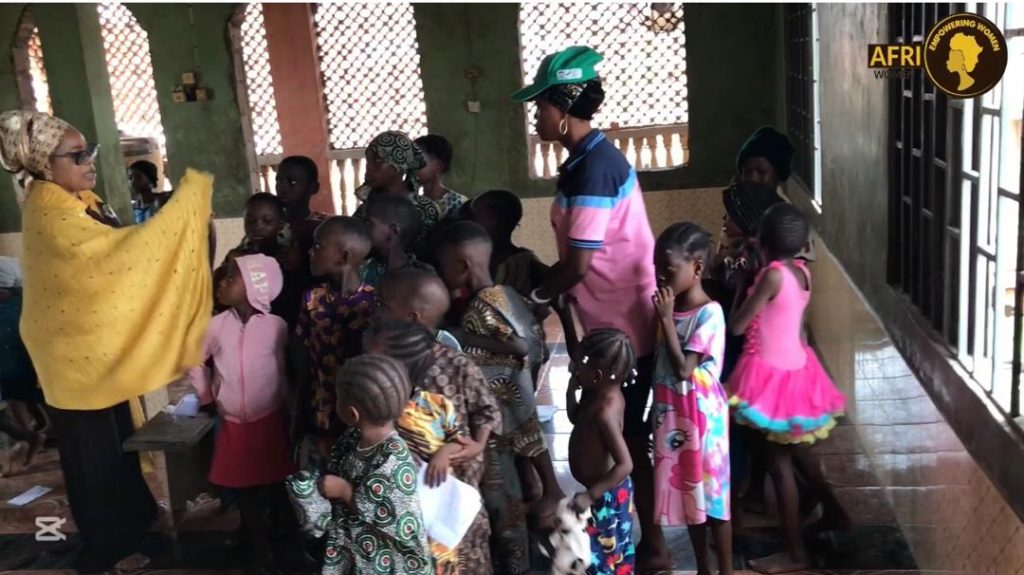
Ibadan, Nigeria – Saturday, April 19, 2025
In a bold move to combat illiteracy and stimulate socio-economic development, AfriWomen for Entrepreneurship Initiative (AfriWomen) has launched a strategic literacy and digital empowerment program in the underserved Oranyan area of Ibadan. This initiative—implemented in collaboration with the Nigerian Non-Governmental Association for Literacy Support Services (NOGALSS) and GIZ (Deutsche Gesellschaft für Internationale Zusammenarbeit)—is designed to enhance access to education, digital technology, and economic inclusion for vulnerable community members.
The Oranyan area, like many inner-city communities in Ibadan, suffers from high rates of poverty, low literacy levels, and minimal economic infrastructure. These conditions have significantly hindered the development of human capital and contributed to generational cycles of exclusion. The new program is tailored to disrupt that cycle, using a hybrid model of face-to-face education and digital e-training to build human capacity and improve livelihoods.

A Track Record in Informal Education
AfriWomen has become a leading voice and implementer in the field of informal education in Nigeria. The organization previously established 11 community-based adult literacy centers across seven local government areas in Ibadan, enrolling over 4,000 women and girls and graduating more than 1,000 participants through a rigorous 9-month program. This massive achievement speaks directly to Sustainable Development Goal 4 (SDG 4) – ensuring inclusive and equitable quality education and promoting lifelong learning opportunities for all.
AfriWomen’s adult literacy model, which has changed the lives of thousands of women, now serves as a blueprint for integrating education into broader social development efforts. The current initiative expands that model to include digital literacy, further equipping participants for 21st-century opportunities.

Leadership Rooted in Vision and Commitment
At the helm of this initiative is Adebukola Oso, the Founder and CEO of AfriWomen, who also serves as the Chairman of NOGALSS, Oyo State. Her role in conceptualizing, organizing, and overseeing the implementation of this program has been critical to its early success. Drawing from her experience as a lawyer, community builder, and PhD law researcher focusing on women-led MSMEs and food security, Oso brings a data-informed, impact-driven perspective to the fight against illiteracy and economic vulnerability.
Significantly, AfriWomen has singlehandedly provided welfare support for over 180 learners and community leaders, ensuring high turnout and participation. This support includes daily meals, writing and learning materials, notebooks, pens, and teaching resources—a powerful incentive for learners, especially women and girls, who often abandon educational opportunities due to financial constraints.
“Access to education is not just a right—it is a gateway to social and economic freedom,” said Adebukola Oso. “As we train these learners, we’re not just building individual capacity; we’re investing in entire communities and unlocking their potential to thrive. Education, especially informal and digital, is the most strategic tool we have to defeat poverty and empower the next generation.”
Inclusive Approach and Community Demand
AfriWomen’s programs are rooted in diversity and inclusion, operating on an 80% women and girls to 20% men and boys participation ratio. This model emerged from popular demand by men who witnessed the remarkable transformation of women in their households and communities through AfriWomen’s interventions.

A Call to Action: Partner with AfriWomen
AfriWomen is calling on donors, development partners, private sector allies, and socially responsible individuals to support and scale this powerful model of human capital development. With more support, AfriWomen can expand its impact, reach more vulnerable populations, and deepen its contribution to Nigeria’s educational and economic transformation.
Media Contact:
AfriWomen for Entrepreneurship Initiative
19 Okunola Abass Street, New Bodija, Ibadan, Oyo State
Phone: +234 703 750 4696
Email: info@theafriwomen.org
Website: www.theafriwomen.org
Issued by:
AfriWomen Media & Strategic Communications Team
“Empowering Women, Transforming Communities.”

